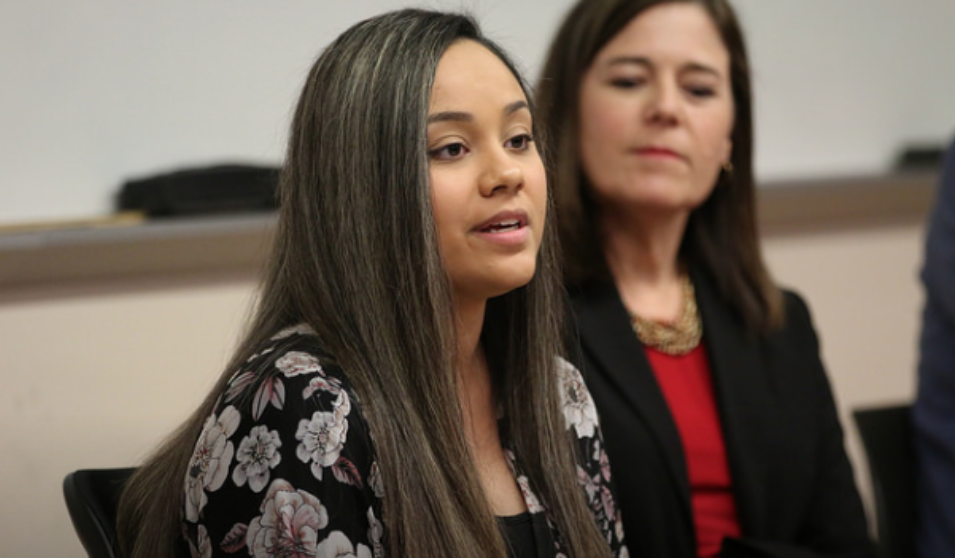The RSC thanks Monmouth College and the Educational Studies Faculty for their great efforts and support for rural education. Educational Studies professors at Monmouth College continue to provide an excellent example for promoting Rural Teacher Corps initiatives and Place-Based education.
Last Wednesday, Oct. 24, Monmouth College hosted a panel discussion in the Pattee Auditorium of the Center for Science and Business to address and discuss rural education in Illinois. Panel participants were: Toby Vallas, director of student services in the Farmington (Ill.) school district and a 1998 Monmouth graduate; Monmouth educational studies professor Tammy La Prad; Kylee Payne, a senior educational studies major from Monmouth, and Gary Funk, director of the Rural Schools Collaborative;
Mr. Funk discussed the challenges that face the rural communities such as depopulation and the loss of capital, including intellectual capital. He stated that rural communities need strong public schools to maintain the survival of these communities. Public schools are one the best avenues to get young people engaged in a rural setting.
Mr. Vallas addressed the decline in the number of rural teachers based on his experience in the rural Illinois. He explained that public education in rural areas suffers from two main problems: recruiting and retaining teachers. While it became less appealing for young teachers to teach in smaller towns, even those who start to teach in smaller districts leave to bigger districts when they have the chance. Mr. Vallas stressed out the importance of helping and supporting new teachers to succeed in rural settings and to find ways to make them stay.
Professor La Prad talked about how Monmouth College is preparing future rural teacher leaders. She explained that rural areas have advantages that urban and suburban areas might not have. Rural communities can and should focus on these advantages to face the current challenges and struggles. She used the new teacher corps initiative, TARTANS (Teachers Allied with Rural Towns and Neighborhood Schools), as an example of the different commitment in teaching that would benefit rural areas. Rural education should find and prepare students who have a strong rural identity. It is important to start up a new positive narrative; there are young people who want to teach in rural areas. Professor La Prad explained that these young teachers can be well prepared starting from their college years by learning how to best implement their passion into an effective place-based education and locally driven approach.
Payne spoke about her experience in TARTANS. She explained how being a part of a rural teacher corps enhanced her understanding of the place she teaches in and improved her skills in being a leader in the community. By being engaged with other teachers and elementary school students, as well as events such as this panel discussion, Payne assured that rural communities are able to prepare future teachers who are both leaders and members in the community.
Pictured right to left: Panel moderator, professor Michelle Holschuh Simmons; Kylee Payne, a senior educational studies major from Monmouth; professor Tammy La Prad, Monmouth educational studies; Gary Funk, director of the Rural Schools Collaborative; Toby Vallas, director of student services in the Farmington (Ill.) school district and a 1998 Monmouth graduate.
We encourage you to learn more about the TARTANS and read their full stories.
We also encourage you to check out our RTC Network and I am a Rural Teacher Campaign.

